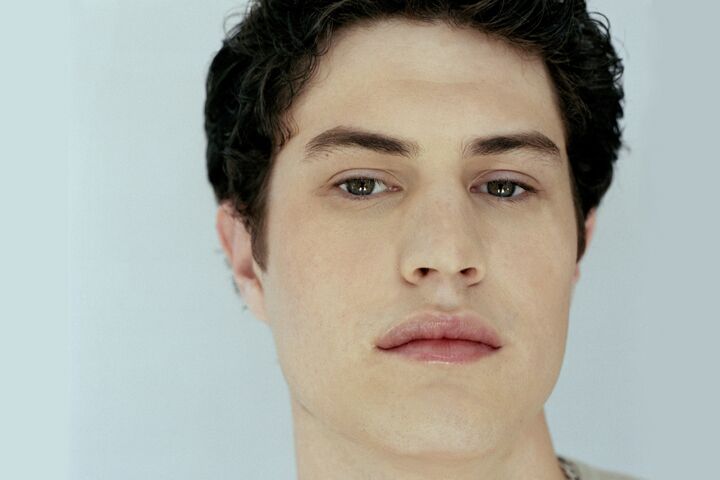
Diagnosis for Bipolar Disorder in Young People Jumps 4,000 Percent
Psychiatrists are diagnosing 40 times as many young people with bipolar disorder than they once did, according to a report by the Washington Post. The original research, published in the September issue of Archives of General Psychiatry, showed that the number of Americans 19 and under treated for the psychiatric disorder soared 40-fold between 1994 and 2003.
Psychiatrists cite bipolar disorder as the cause for drastic mood swings, ranging from high-energy, high-activity episodes to severe depression.
The rate of diagnoses for bipolar disorder nationwide for individuals 19 and under was 25 per 100,000 visits to a physician in 1994-1995 and 1,003 per 100,000 visits in 2002-2003.
Bipolar diagnoses for adults doubled during the same period.
The statistic is causing consternation among psychiatrists, many of whom feel it misrepresents the facts.
“There is no evidence that there has been an increase in bipolar disorder of this size,” Dr. Mark Olfson, one of the authors of the report, said. “Either this increase we see represents a tendency for over-diagnosing recently or a tendency to under-diagnose in the past.”
“What this means is that psychiatrists are increasingly comfortable diagnosing children with bipolar disorder,” Dr. David Axelson, director of the Child and Adolescent Bipolar Services clinic at the University of Pittsburg School of Medicine, said. “But it is impossible to know whether those diagnoses are correct or not without external confirmation” (ibid.).
According to Axelson, psychiatrists have trouble diagnosing bipolar disorder because they have no specific diagnostic test for it.
“Irritability and depressive behavior may be a form of bipolar disorder,” Dr. Glenn Hirsch, medical director of the New York University Child Study Center, said. “A child who has feelings of aggression, irritation and anger may have bipolar disorder” (ibid.).
Hirsch added that doctors are beginning to diagnose more cases as bipolar disorder that do not fit the textbook description. “I suspect that the majority of cases we are seeing are in that unspecified area. We are still not sure what criteria we should be thinking of when we diagnose bipolar disorder” (ibid.).
Axelson said that proper diagnosis is necessary to make sure children are not given medication that makes their condition even worse. He warned that physicians should be more rigorous in their diagnoses and that parents should question the diagnosis thoroughly, as well as the prescribed medication.
Physicians in this field of medicine are scrambling to find out where they went so drastically wrong. The problem is, this field of medicine diagnoses the mind—and then alters it with drugs.
There can be little doubt that millions of young people are depressed, irritable, aggressive and angry, but perhaps psychiatry’s complex diagnoses and potent prescriptions are failing the diagnostic test of reality.
The root of the problem lies in psychiatry’s premise of treating the effect instead of the cause. Rather than diagnosing a child with a minutes-spent-with-Dad insufficiency, a case of discipline deficiency or whatever the cause may be for the child’s depression, irritability, aggression and anger, psychiatrists instead diagnose him or her with “bipolar disorder” and prescribe a pill as the solution.
Now, however, even they are partially admitting that they have been getting it wrong.
To understand how to preserve and build true mental health in your life and your child’s—without the “help” of bad diagnoses and mind-altering chemicals—read the booklet What Science Can’t Discover About the Human Mind and the July Trumpet article “Taking Time to Save Our Teens.”
